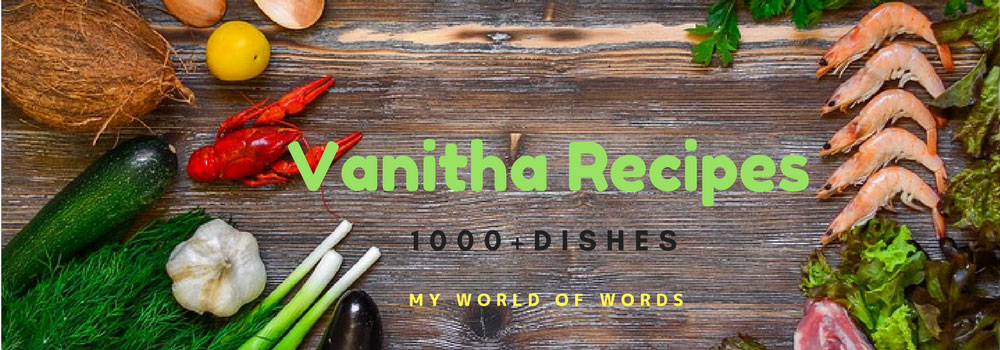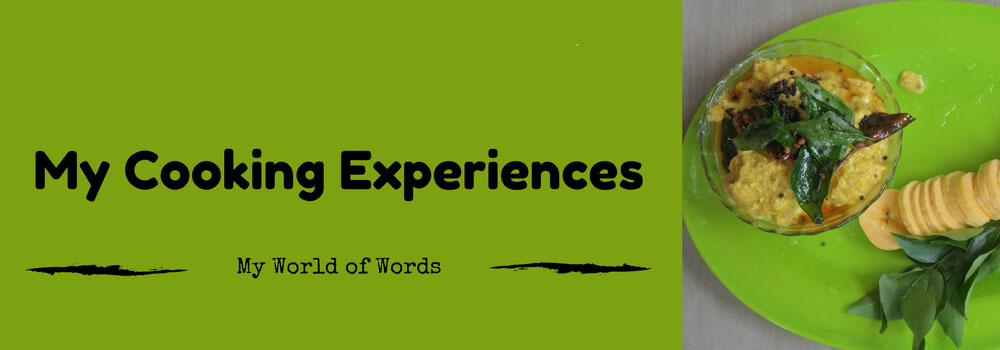Kerala’s Kanji (Congee) in 10 Varieties
Easy digestible and nutritious – two easy phrases to describe Kerala’s own Kanji or rice porridge. Known as Congee in English terms, it is popular across the globe, though in different variants. Kanji can be prepared using different cereals and other ingredients, and an easy dish too. Different Congees have different nutritional quotients, uses and tastes too. They vary in health and medicinal benefits too. Also read: The story of Pazhankanji.

Kanjiyum Puzhukkum
While preparing normal Kanji, take water four proportions equivalent of rice (4:1 ratio). In some cases water is taken in the ratio 8: 1. Add salt or sugar only after rice is well-cooked. Though preparing kanji in cooker is easy, the dish prepared in earthen pot owns a distinct taste and flavour. If you want to make it loose after preparation, add only boiled water and never cold water. Through this column, I shall provide recipes for 10 different varieties of Kanji. I have added a few Kanji recipes earlier. You can search it easily.
1. Uluva Kanji (Fenugreek Kanji)

Ingredients for Uluva Kanji (Fenugreek Kanji):
1. Fenugreek seeds – 2 small spoons, soaked
2. Rice (Unakkalari) – 1 cup, washed and cleaned
3. Cumin seeds – ½ small spoon
Coconut scrapped – ½
4. Salt – For taste
How to prepare Uluva Kanji (Fenugreek Kanji)?
1. Cook rice and fenugreek adding 4 cups of water. Cook it well.
2. Smash together coconut and cumin seeds using hands, and add to Kanji.
3. Add salt, mix well and serve hot.
2. Mango Seed Kanji (Mangayandi Kanji)
Ingredients for Mango Seed Kanji (Mangayandi Kanji):
1. Mango seed pulp – From 10 well-ripened mangoes
2. Navara rice – ½ cup, washed and cleaned
Coconut milk second extract – 3 cups
3. Jaggery powdered or sugar – As needed
4. Coconut milk first extract – 1 cup
How to prepare Mango Seed Kanji (Mangayandi Kanji)?
1. Extract the pulp from mango seeds and dry it well under direct sun.
2. Then wash it repeatedly to remove the stain. Crush it well.
3. Cook rice adding pulp and coconut milk second extract.
4. Add jaggery/sugar and mix well.
5. Add 1st extract of coconut milk and take off the flame before Kanji starts boiling.
3. Paal Kanji (Milk Kanji)

Ingredients for Paal Kanji:
1. Navara rice – 1 cup, washed and cleaned
Goat’s milk – 1 cup
Cow’s milk – 1 cup
Buffalo milk – 1 cup
How to prepare Paal Kanji?
Mix together all the ingredients and cook it well.
Note: You can also prepare this Kanji with cow’s milk only.
4. Plaanjali Kanji (Ithil Kanji)
Loranthus, a type of parasite plant found in mango and jackfruit trees is used for this preparation. This variety dish is made using the leaves and roots of the plant, made into a fine paste and added to kanji during preparation.
Ingredients for Plaanjali Kanji (Ithil Kanji):
1. Rice (Unakkalari) – 1 cup
2. Cumin seeds – ½ small spoon
Coconut scrapped – ½
3. Leaves and roots of Ithil formed in jackfruit tree grinded to a paste – 1 big spoon
4. Salt – For taste
How to prepare Plaanjali Kanji (Ithil Kanji)?
1. Boil water in a vessel and cook rice.
2. Blend well using hands, coconut and cumin seeds and add to Kanji.
3. When contents well boil, add Planjali and salt.
4. Mix it well and allow to boil well.
5. Touch-me-not Congee (Thottavadi Kanji)

Ingredients for Touch-me-not Congee (Thottavadi Kanji):
1. Unakkalari (rice) – 1 cup
2. Cumin seeds – ½ small spoon
Coconut scrapped – ½
3. Tender leaves & shoot of touch-me-not plant – grinded to a paste, 1 big spoon
4. Salt – As needed
How to prepare Touch-me-not Congee (Thottavadi Kanji)?
1. Boil water in a vessel and cook rice.
2. Blend well using hands, coconut and cumin seeds and add to Kanji.
3. When contents well boil, add the paste of shoot of touch-me-not plant and salt.
4. Mix it well and allow the kanji to boil well.
6. Nadan Kanji
Ingredients for Nadan Kanji:
1. Old rice (pazhayari) broken – 1 cup
2. Dried ginger – 1 small piece, crushed
3. Salt – As needed
How to prepare Nadan Kanji?
1. Wash rice and keep it aside.
2. Boil 8 cups of water by adding dried ginger.
3. When water boils well, add rice and allow it to cook well.
4. Add salt, mix well and serve hot.
7. Kaya Kanji (Banana Kanji)

Ingredients for Kaya Kanji (Banana Kanji):
1. Unakkalari (rice) – 1 cup
2. Jaggery – For taste
Coconut scrapped – 1 cup
3. Kadali banana – 2
How to prepare Kaya Kanji (Banana Kanji)?
1. Cook rice adding sufficient water.
2. Add coconut scrapped and jaggery to it.
3. When the contents boil well, smash banana and add to Kanji.
4. Bring the contents to boil and serve hot.
8. Kanjiyum Payarum
Ingredients for Kanjiyum Payarum:
1. Broken rice (Podiyari) – 1 cup
2. Salt – For taste
3. Butter – 1 small spoon for Payar Thoran
4. Coconut oil – 1 big spoon
5. Shallots – 5
Garlic – 2 cloves
Red chillies – 6
Curry leaves – 1 stalk
6. Green gram – ½ cup, cooked
Turmeric powder – A pinch
Coconut scrapped – 4 big spoons
How to prepare Kanjiyum Payarum?
1. Cook rice adding sufficient water to prepare Kanji and add salt too.
2. In the serving plates, place a little butter at the centre.
3. Pour hot Kanji on the top of butter.
4. Heat oil in an earthen pot and sauté ingredients no: 5 for a while.
5. Add ingredients no: 6 and mix well.
6. Close the lid and cook in low flame for a few more minutes.
7. Serve it with hot Kanji.
9. Kaadi Kanji
Ingredients for Kaadi Kanji:
1. Broken rice – 1 cup
2. Water used for washing rice (Kaadi Vellam) – As required
Husk (Thavidu) – 1 handful
3. Jaggery – As required
Salt – As required
How to prepare Kaadi Kanji?
1. Wash broken rice and keep it aside.
2. In starch water, add rice and cook it well.
3. When it’s done, add jaggery and salt.
Note: If you buy broken rice from a grocery store, add water to it and wash it once, and rinse it well. Use the second water for cooking rice.
10. Coconut Kanji

Ingredients for Coconut Kanji:
1. Red and small rice – 1 cup
2. Coconut scrapped – ½
Salt – For taste
How to prepare Coconut Kanji?
1. Cook rice adding sufficient water.
2. When it’s done, add coconut and salt.
3. Mix it well and serve hot.
Archive: Vanitha Magazine July 15-31, 2018
Click to read a few more rice main course recipes here. Here is the page link. Click on the images in the gallery to read.














Recent Comments